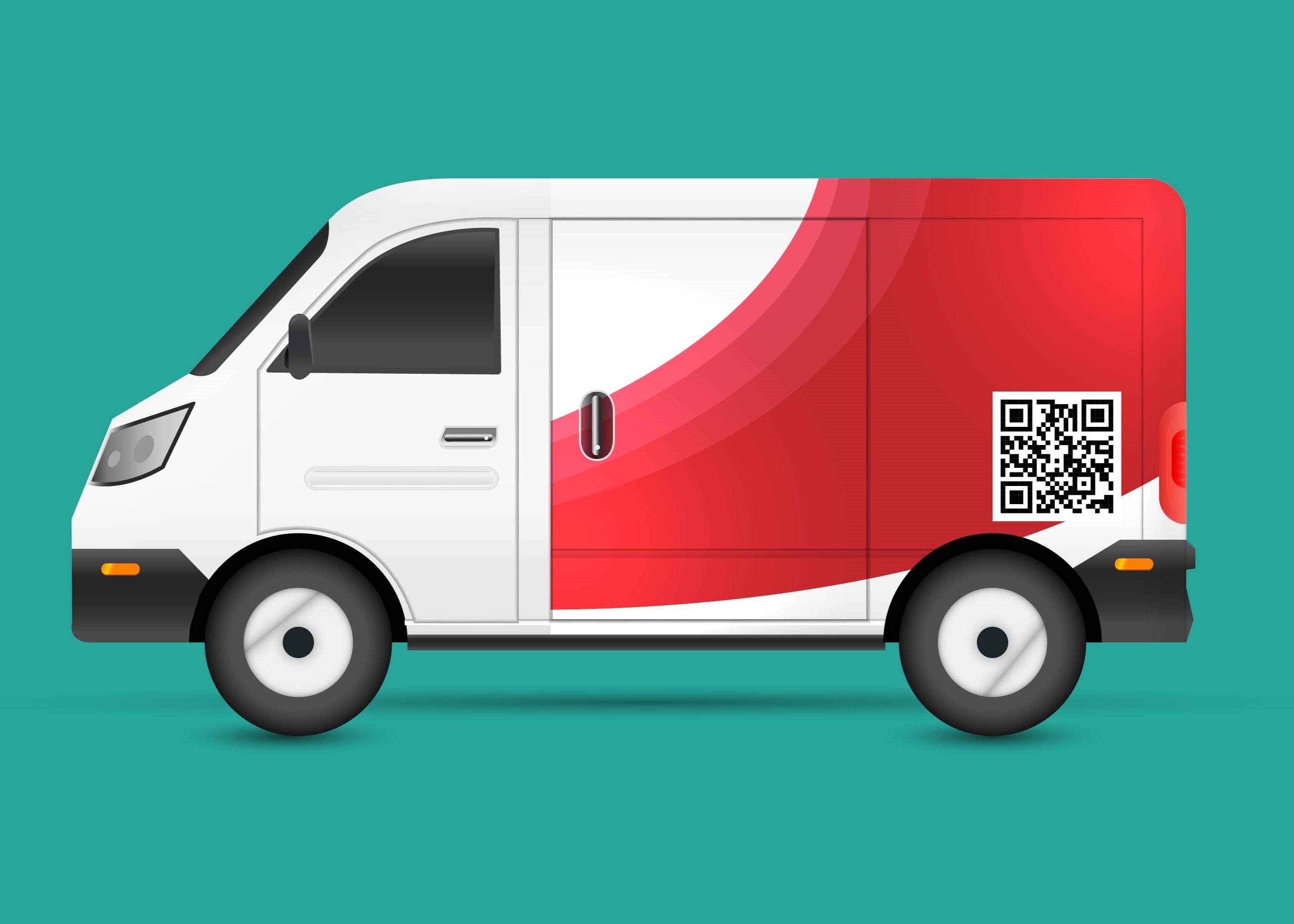What is VAT in Mauritania?
The **Value Added Tax (VAT)** is a consumption-based tax introduced by the Mauritanian government to promote economic diversification and generate non-oil revenue. The VAT system was implemented on **January 1, 2018**, and applies to most goods and services, excluding those that are specifically exempt or zero-rated. The **standard VAT rate** in Mauritania is **16%**, meaning that for every taxable product or service, an additional 16% is added to its price.
VAT is part of the government’s strategy to reduce the country's reliance on oil and natural resource exports and strengthen the overall fiscal position. The revenue generated from VAT supports public services, infrastructure, healthcare, education, and social development programs, directly benefiting Mauritania’s citizens.
How Does VAT Work in Mauritania?
VAT is a **tax on consumption**, meaning that the final consumer ultimately pays the VAT. Businesses charge VAT on the goods and services they sell and are responsible for collecting the tax on behalf of the government. Businesses can also recover VAT paid on business-related purchases through the **input tax** mechanism.
For example:
- A retailer buys goods for MRU 100 and pays MRU 16 as VAT (16%).
- The retailer then sells those goods to a customer for MRU 200 and charges MRU 32 as VAT.
- The retailer will pay the government MRU 16, which is the difference between the VAT collected from the customer and the VAT paid on their purchase.
Who Needs to Register for VAT in Mauritania?
Not all businesses in Mauritania are required to register for VAT. The government has set a threshold based on annual revenue. Businesses with taxable supplies exceeding **MRU 50,000,000** per year are required to register for VAT.
Businesses with taxable supplies between **MRU 25,000,000** and **MRU 50,000,000** may opt for **voluntary registration**, allowing small businesses to recover VAT paid on business expenses.
Additionally, businesses providing VAT-exempt services or outside the scope of VAT are not required to register.
Benefits of VAT to Mauritania's Economy
VAT offers significant advantages to Mauritania's economy. It provides an additional revenue stream, helping the country reduce its dependence on oil and natural resources. The revenue generated from VAT is essential for funding infrastructure, healthcare, education, and other public services that contribute to long-term economic growth and social development.
The VAT system also enhances **transparency** in the economy. It enables businesses and consumers to understand the full cost of goods and services, promotes competition, and encourages businesses to maintain accurate financial records.
Key VAT Exemptions and Zero-Rated Goods
Some goods and services in Mauritania are exempt from VAT. These exemptions include:
- **Healthcare**: Medical services and medications are exempt.
- **Education**: School fees, university tuition, and training services are exempt.
- **Financial Services**: Certain financial transactions, such as loan interest and savings accounts, are exempt.
There are also **zero-rated** goods and services, where VAT is applied at a 0% rate. Examples include:
- **Exports**: Goods and services exported from Mauritania are zero-rated.
- **International Air Travel**: Flights departing from Mauritania are zero-rated.
- **Basic Food Products**: Certain basic food items such as fruits, vegetables, and grains are zero-rated.
How to Calculate VAT in Mauritania?
Calculating VAT in Mauritania is simple. Use the formula:
VAT = Amount * VAT Rate
To calculate the VAT on a given amount, multiply the price of the goods or services by the applicable VAT rate.
**Example**:
If you purchase a product worth **MRU 500**, the VAT would be:
500 * 16% = MRU 80
So, the total cost for the product will be **MRU 580**.
Many businesses in Mauritania use online **VAT calculators** to simplify the process. These tools help businesses and individuals easily compute VAT on any transaction based on the entered price.


